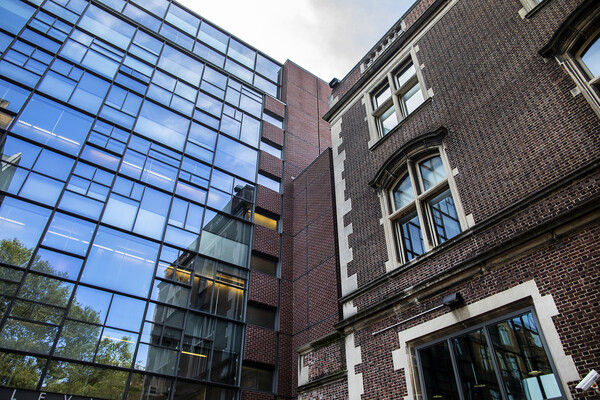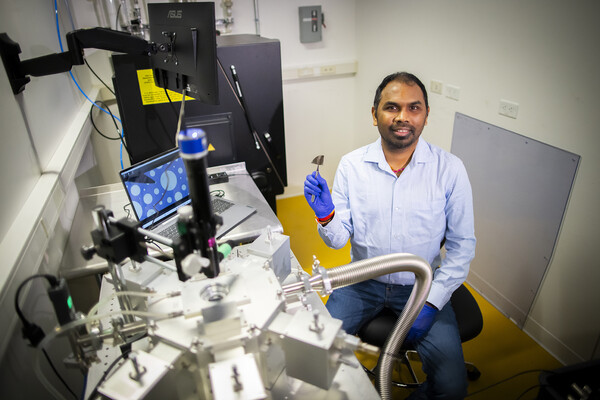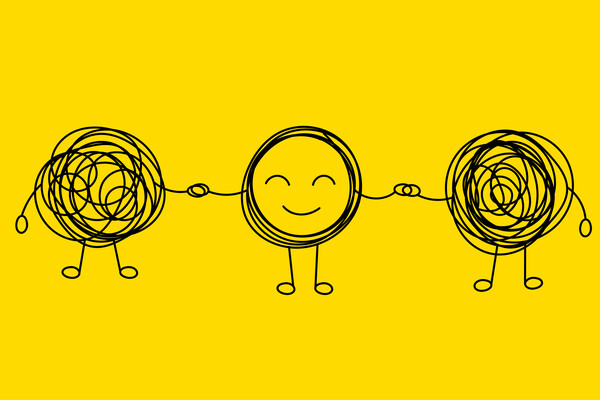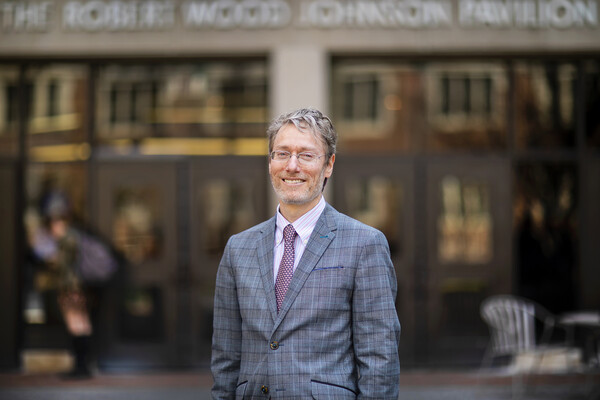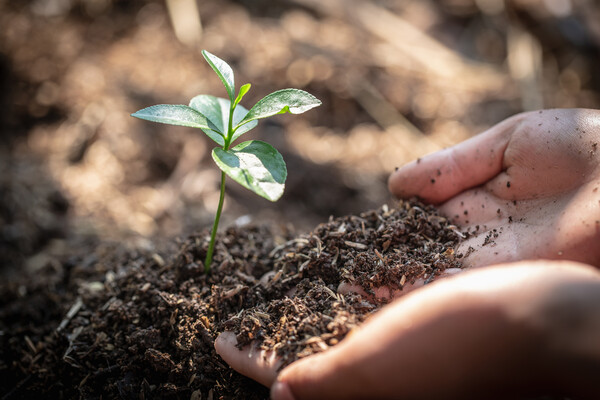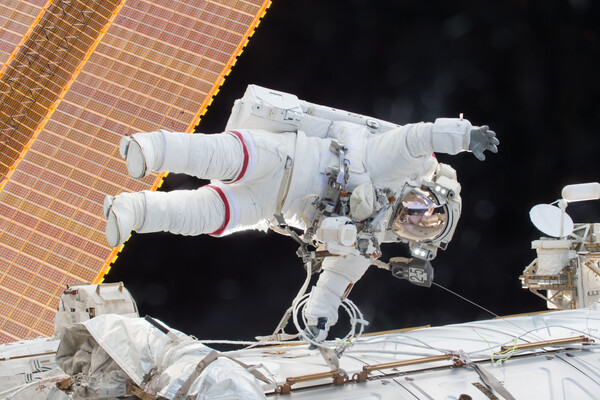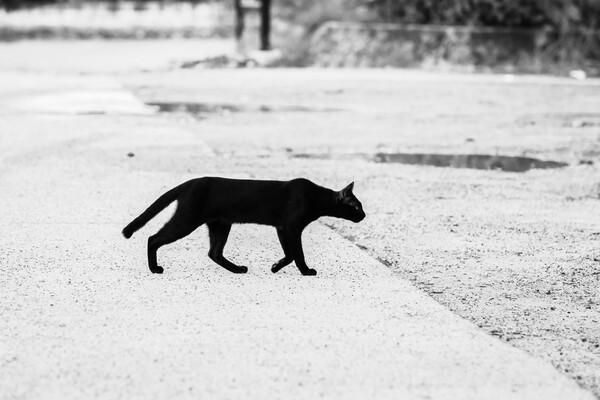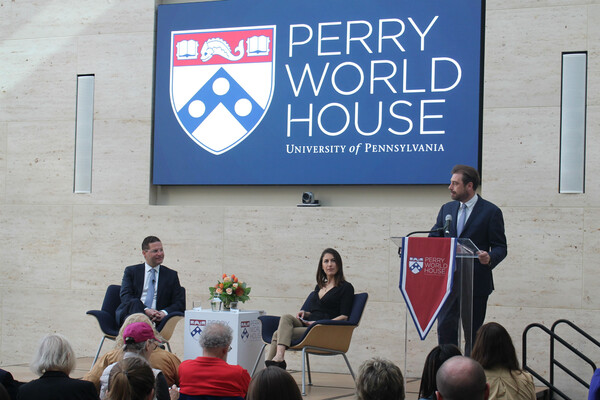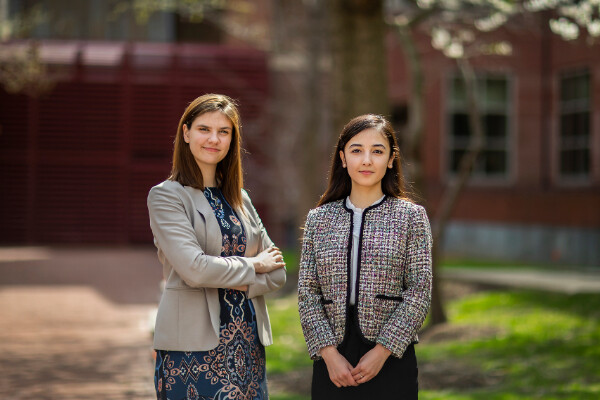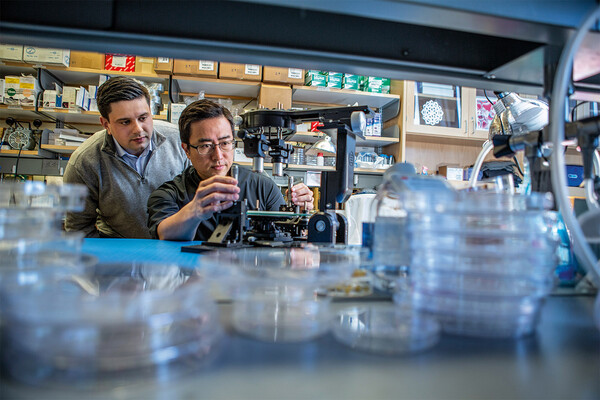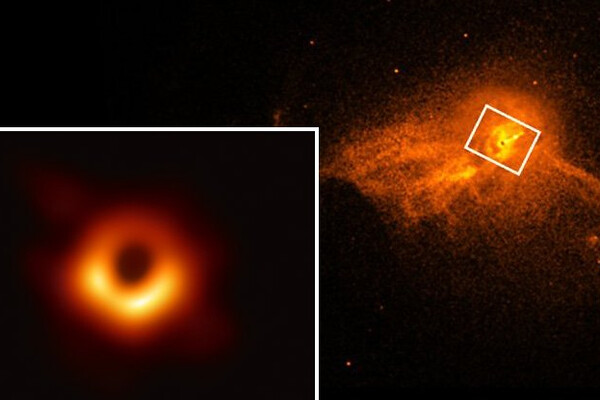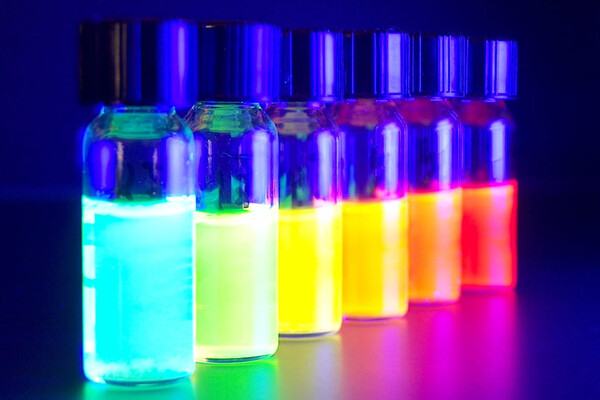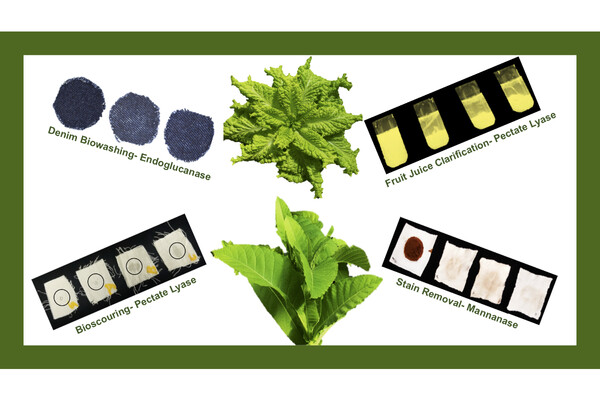5/2
Science & Technology
Brain regions linked to memory and emotion help humans navigate smell
The work points to the existence of a grid-like hexagonal structure in olfactory-related brain areas, similar to mapping configurations previously found to support spatial navigation in animals.
Protecting the planet at Penn
Earth Day and every day, the University community is at work to make the world a little better. Here are some highlights from those efforts.
How a year in space affects the brain
Penn Medicine’s Mathias Basner discusses the NASA Twins Study, which analyzed astronaut Scott Kelly’s physical and mental health after he spent 340 days in space, and found that Kelly’s performance on a cognitive test battery dropped when he returned to Earth for six months.
How superstitions spread
Superstitious beliefs may seem irrational, but they catch on in a society. Using an evolutionary approach to studying the emergence of coordinated behaviors, Erol Akçay and Bryce Morsky showed how a jumble of individual beliefs, including superstitions, coalesce into an accepted social norm.
Tackling climate change on all levels
At the Perry World House Global Shifts Colloquium, experts from around the world discussed what governments, and individuals, can do to avoid the ultimate catastrophe.
Strella Biotechnology’s biosensors minimize food waste, one apple at a time
With their 2019 President’s Innovation Prize, Katherine Sizov and Malika Shukurova are looking to disrupt the agricultural sector.
Chips in Space
Microfluidic devices lined with human cells are headed to the International Space Station in early May, part of an effort to understand why astronauts get sick more easily in orbit.
By the numbers: First-ever image of black hole’s event horizon
An overview of how scientists from the Event Horizon Telescope collaboration were finally able to see the unseeable, and what it means for the future of astronomy.,
Seeing the world through a biophysicist’s lens
Philip Nelson demonstrates how seemingly simple questions like ‘What is light?’ help scientists understand, and improve, how people visualize the world around them.
Everyday enzymes, now grown in plants
Myriad industrial processes rely on enzymes, from making orange juice to manufacturing denim jeans. Research emerging from the School of Dental Medicine is transforming how these enzymes get made.
In the News
New Penn AI master’s program aims to prep students for ‘jobs that we can’t yet imagine’
Chris Callison-Burch of the School of Engineering and Applied Science discusses Penn’s new online master’s program in artificial intelligence.
FULL STORY →
Penn Engineering rolls out an online master’s degree in AI, first in Ivy League
The School of Engineering and Applied Science has announced the first graduate program in artificial intelligence among Ivy League universities, led by Chris Callison-Burch.
FULL STORY →
Penn Engineering announces first Ivy League Master’s degree in AI
The School of Engineering and Applied Science has announced the first graduate program in artificial intelligence among Ivy League universities, led by Chris Callison-Burch.
FULL STORY →
Man does DNA test, not prepared for what comes back ‘unusually high’
César de la Fuente of the School of Engineering and Applied Science and Perelman School of Medicine says that Neanderthal DNA provides insights into human evolution, population dynamics, and genetic adaptations, including correlations with traits such as immunity and susceptibility to diseases.
FULL STORY →
Forecast group predicts busiest hurricane season on record with 33 storms
A research team led by Michael Mann of the School of Arts & Sciences is predicting the upcoming Atlantic hurricane season will produce the most named storms on record, fueled by exceptionally warm ocean waters and an expected shift from El Niño to La Niña.
FULL STORY →
Satellite images capture extraordinary flooding in the United Arab Emirates
Michael Mann of the School of Arts & Sciences explains how three low-pressure systems formed a train of storms that battered the United Arab Emirates.
FULL STORY →
My Climate Story: Philly students take science from abstract to personal
The “My Climate Story” project at the Environmental Humanities Department helps students and teachers learn about climate change’s impact in everyday backyards, with remarks from Bethany Wiggin. The idea is credited to María Villarreal, a College of Arts and Sciences second-year from Tampico, Mexico.
FULL STORY →
Penn professor on gen AI’s rapacious use of energy: ‘One of the defining challenges of my career’
Benjamin Lee of the School of Engineering and Applied Science says that hardware and infrastructure costs are growing at high rates for generative AI.
FULL STORY →
Here’s why experts don’t think cloud seeding played a role in Dubai’s downpour
Michael Mann of the School of Arts & Sciences says that many people blaming cloud seeding for Dubai storms are climate change deniers trying to divert attention from what’s really happening.
FULL STORY →
Can we stop AI hallucinations? And do we even want to?
Chris Callison-Burch of the School of Engineering and Applied Science says that auto-regressive generation can make it difficult for language learning models to perform fact-based or symbolic reasoning.
FULL STORY →




